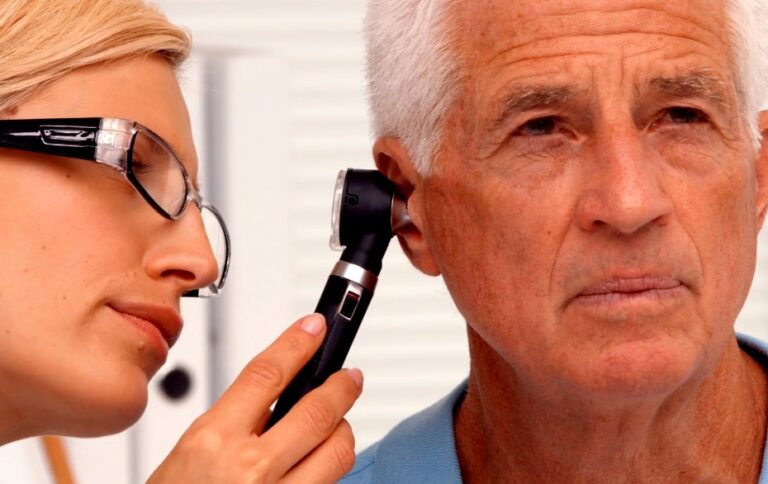Many health issues that men face, such as decreased libido, Erectile Dysfunction (ED), Premature Ejaculation, Male-Pattern Baldness, and Obesity, are not only common but also highly treatable. It’s important to remember that these conditions can sometimes be indicators of more serious underlying health problems like Diabetes, Hypertension, and Depression.
So, if you notice any of these symptoms, don’t hesitate to reach out to us. Early detection is the key to effective treatment and management. We’re here to help you navigate your health journey with confidence and ease.
Testosterone Replacement
Testosterone is the most important androgen (male sex hormone) in men and plays a key role in reproductive and sexual function. Men with testosterone deficiency may experience loss of libido (sexual desire), sexual dysfunction, low mood, sleep disturbances and weight changes.
Testosterone deficiency affects about one in 200 men under 60 years of age and may be due to genetic causes, damage to the testes and advancing age. Testosterone levels may start to decline as early as from 30 years old.
Testosterone deficiency is treated by replacing the testosterone that return the levels in the blood to normal. Testosterone replacement therapy is available in oral and injection form and is prescribed for patients with clinically proven low testosterone levels depending on patient convenience, familiarity and cost.
Erectile Dysfunction
Erectile dysfunction (ED) or impotence is the inability to attain and/or maintain a penile erection sufficient for satisfactory sexual activity and intercourse. It is a very common condition affecting 1 in 5 men over the age of 40 years. ED is associated with chronic disease including cardiovascular disease and diabetes and may be an early warning sign of these chronic diseases.
Treatment of ED depends on management of the underlying cause. There are now a variey of oral medications, such as phosphodiesterase inhibitors (Viagra, Cialis or Levitra) or devices, such as injections, vacuum pumps, rings and prostheses available to treat erectile dysfunction.
Premature Ejaculation

Premature ejaculation (PE) refers to loss of control over the timing of ejaculation and ejaculation that occurs sooner than desired (usually less than 2 minutes). Premature ejaculation is thought to affect about one in three men of all ages and is the most common self-reported male sexual dysfunction.
Treatment of premature ejaculation include behavioural techniques and oral medications such as antidepressants which causes delayed ejaculation as a side effect.
The Psychological Aspect of Male Sexual Health
Sexual health is not just a physical matter; it’s deeply intertwined with our psychological well-being. Stress, anxiety, and depression can significantly impact sexual health, leading to conditions like erectile dysfunction and premature ejaculation.
For instance, stress can disrupt the balance of hormones needed for sexual function, while anxiety can create a cycle of performance pressure that exacerbates sexual problems.
Maintaining good mental health is, therefore, crucial for a healthy sexual life. It’s important to manage stress effectively through techniques like relaxation exercises, mindfulness, or yoga.
If you’re experiencing symptoms of anxiety or depression, don’t hesitate to seek help from a mental health professional. Cognitive-behavioral therapy and other forms of counseling can provide effective strategies to manage these conditions and improve sexual health.
The Role of Communication in Male Sexual Health

Open and honest communication is a cornerstone of healthy sexual relationships and plays a vital role in male sexual health. Discussing sexual health concerns with a partner can not only lead to better understanding and intimacy but also help in identifying and addressing any potential issues early.
Many men may feel uncomfortable or embarrassed discussing their sexual health concerns, but it’s important to remember that these conversations are a normal and necessary part of any sexual relationship. Whether it’s a change in sexual desire, difficulties with sexual performance, or concerns about sexually transmitted infections, these topics deserve attention and discussion.
Effective communication about sexual health involves more than just talking. It requires creating a safe and non-judgmental space where both partners feel comfortable expressing their concerns and desires. Here are some tips on how to communicate effectively about sexual health:
- Choose the right time and place: Discussing sexual health issues in a calm, private setting can help both partners feel more at ease.
- Be honest and direct: Clearly express your concerns, feelings, and needs. Avoid blame and focus on your experiences.
- Listen actively: Show your partner that you value their perspective. Ask open-ended questions, and avoid interrupting.
- Use “I” statements: Framing your concerns from your perspective can help avoid defensiveness. For example, say “I feel worried when…” instead of “You make me feel…”
- Seek professional help if needed: If discussing sexual health issues becomes too challenging, consider seeking help from a healthcare provider or a sex therapist.
Conclusion
In conclusion, both physical and psychological factors play a significant role in male sexual health. Understanding the role of testosterone and the impact of mental health on sexual function can empower men to take charge of their sexual health.
Whether it’s maintaining healthy testosterone levels or managing stress and mental health, proactive steps can lead to improved sexual well-being. Remember, it’s never too late to seek help if you’re experiencing sexual health issues. With the right knowledge and resources, you can navigate your sexual health journey with confidence and ease.













